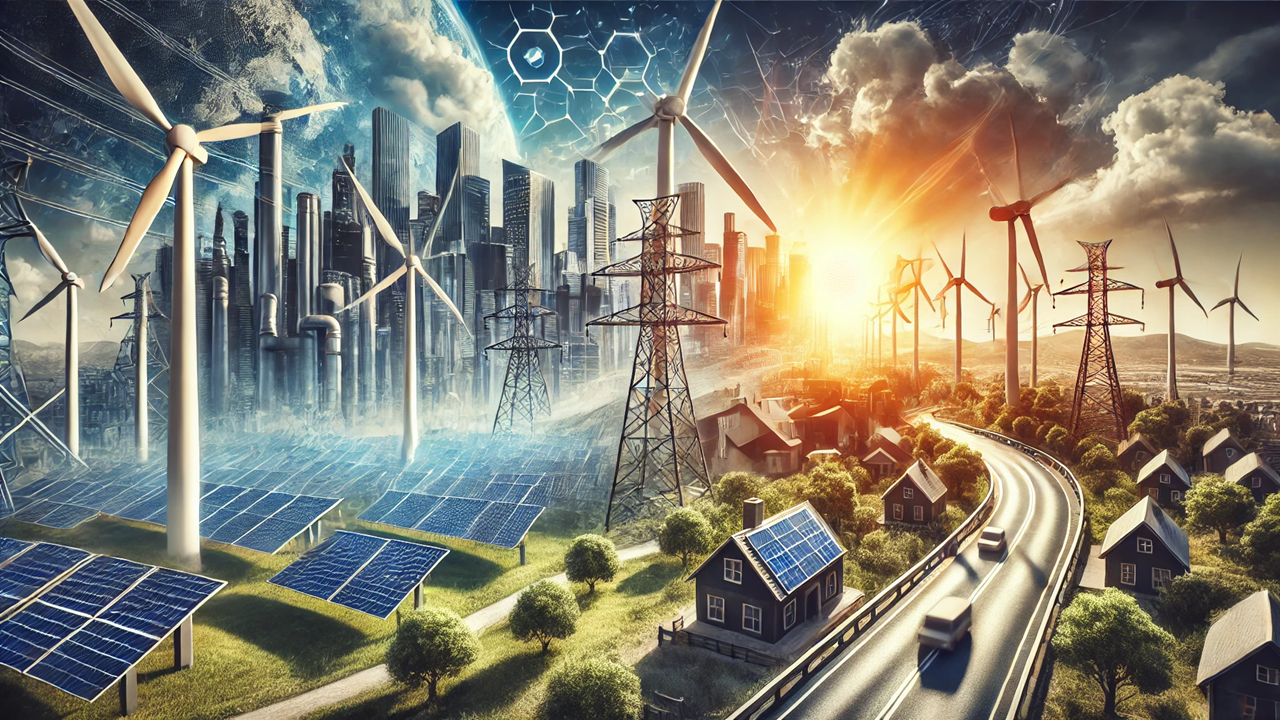The World Bank Group’s Board of Executive Directors has approved a €31.0 million loan to support Montenegro’s transition to a low-carbon economy. This funding will assist in the decarbonization of the country’s energy sector, focusing on improving energy efficiency and boosting the integration of renewable energy sources.
The Montenegro Energy Sector Decarbonization Project has two primary goals. First, it will improve the energy efficiency of public buildings, including the Montenegro National University and several administrative buildings. Second, it aims to enhance the country’s power distribution grid by increasing its capacity to integrate renewable energy sources while also improving its resilience to climate change impacts.
“This project is crucial in supporting Montenegro’s energy transition towards a more sustainable and modern energy sector,” said Christopher Sheldon, World Bank Country Manager for Bosnia and Herzegovina and Montenegro. “The investments will also improve the working and learning conditions at the University, benefiting both students and academic staff.”
Impact and Benefits
The project is expected to result in substantial energy savings and a reduction in greenhouse gas (GHG) emissions. Additionally, it will contribute to building a more resilient and reliable energy infrastructure that can withstand the challenges posed by climate change. This initiative supports Montenegro’s commitment to decarbonizing its energy sector and achieving carbon neutrality by 2050, in line with the European Union’s broader climate objectives.
Alignment with Montenegro's Climate Goals
The approval of the loan comes alongside the release of the World Bank Group’s Country Climate and Development Report for Montenegro. This report outlines a detailed roadmap for Montenegro’s sustainable development and climate resilience, emphasizing the need to expand renewable energy sources like wind and solar in addition to the country’s existing hydroelectric capacity. The report also highlights the importance of energy efficiency investments and other decarbonization measures, which are key to Montenegro’s transition to a low-carbon economy.
Montenegro’s energy transition is crucial not only for meeting its international climate commitments but also for boosting long-term energy security, reducing reliance on fossil fuels, and promoting sustainable economic growth.
Supporting a Greener Future
This investment represents a significant step in Montenegro’s journey toward a sustainable and low-carbon energy future. By enhancing energy efficiency and renewable energy integration, the project will help create a more resilient energy system that benefits both the environment and the economy. Through this initiative, Montenegro is working towards fulfilling its carbon neutrality targets while aligning with European Union climate goals, and contributing to global efforts to combat climate change.











